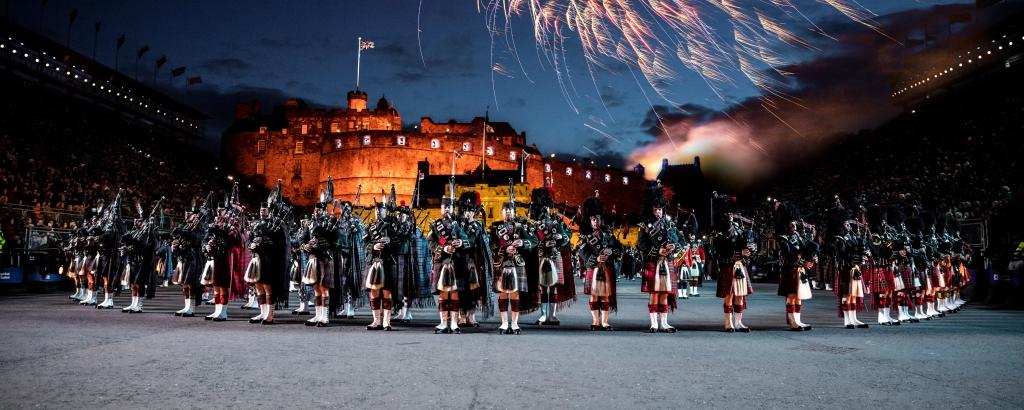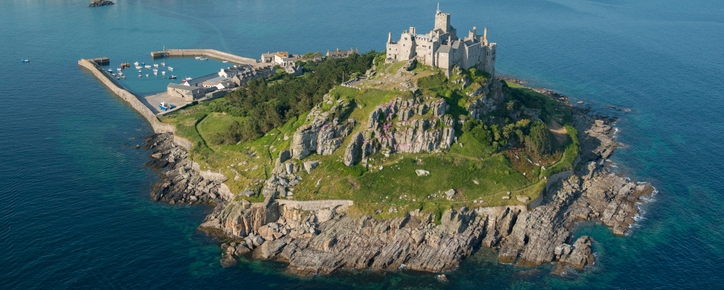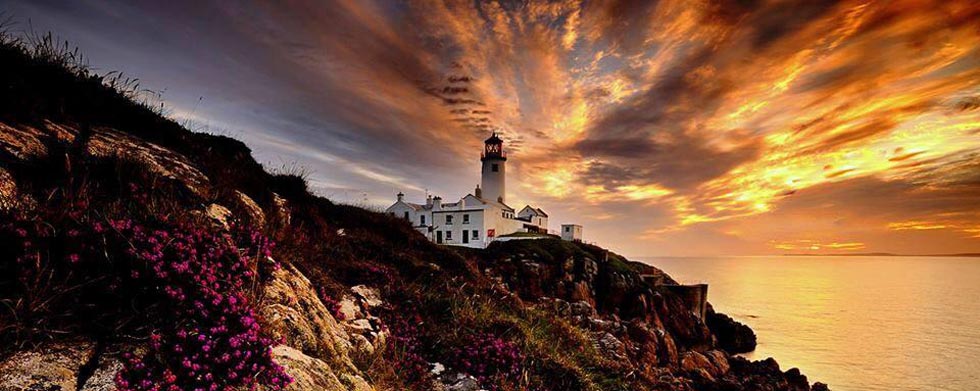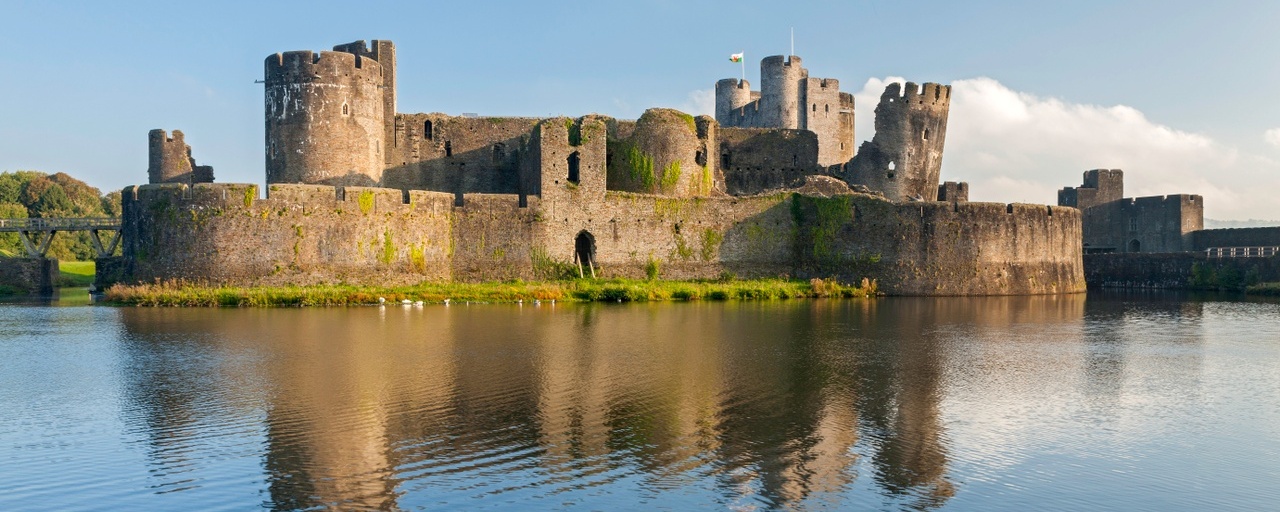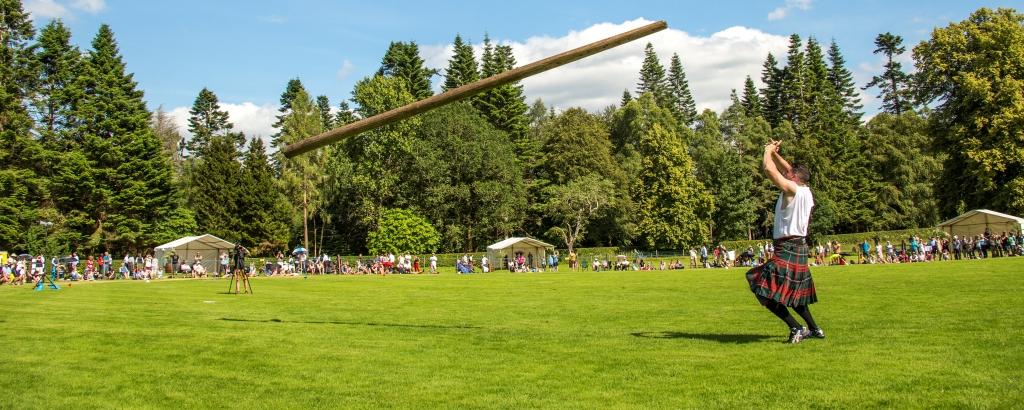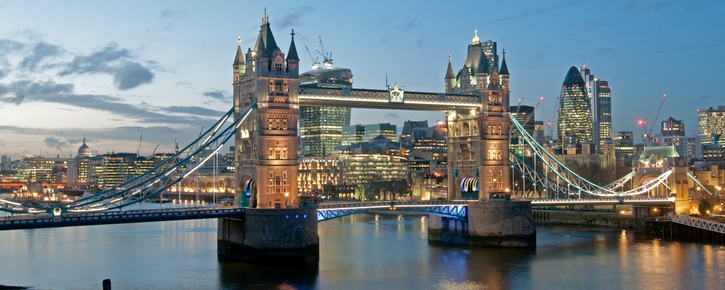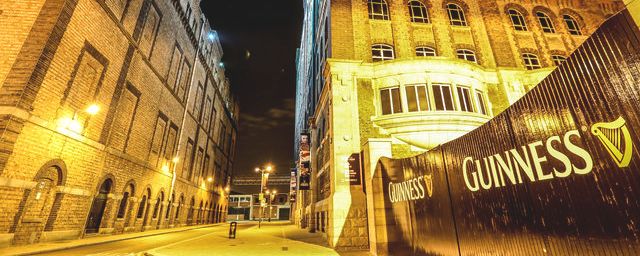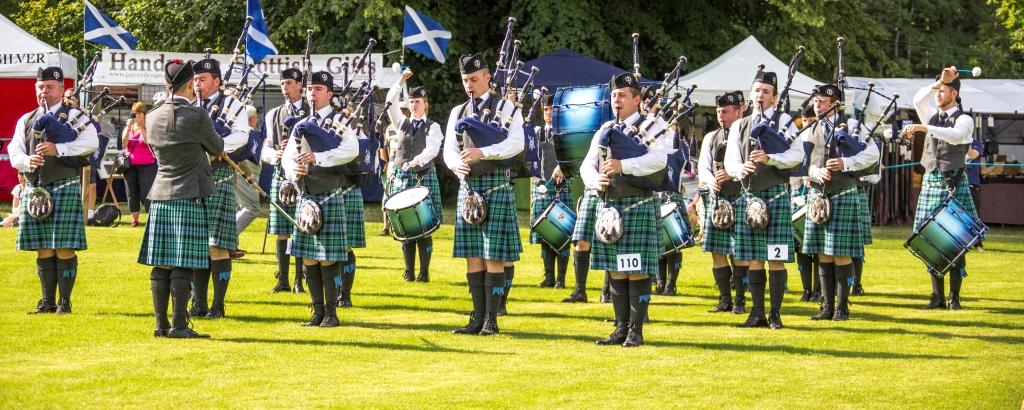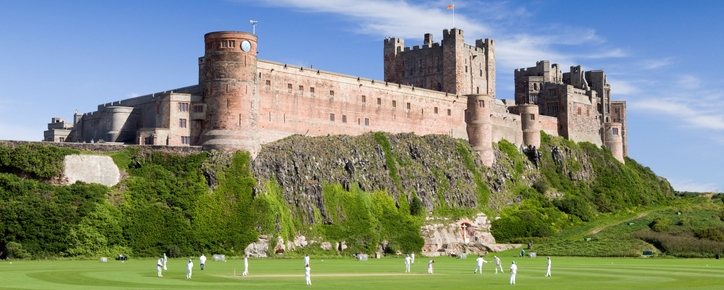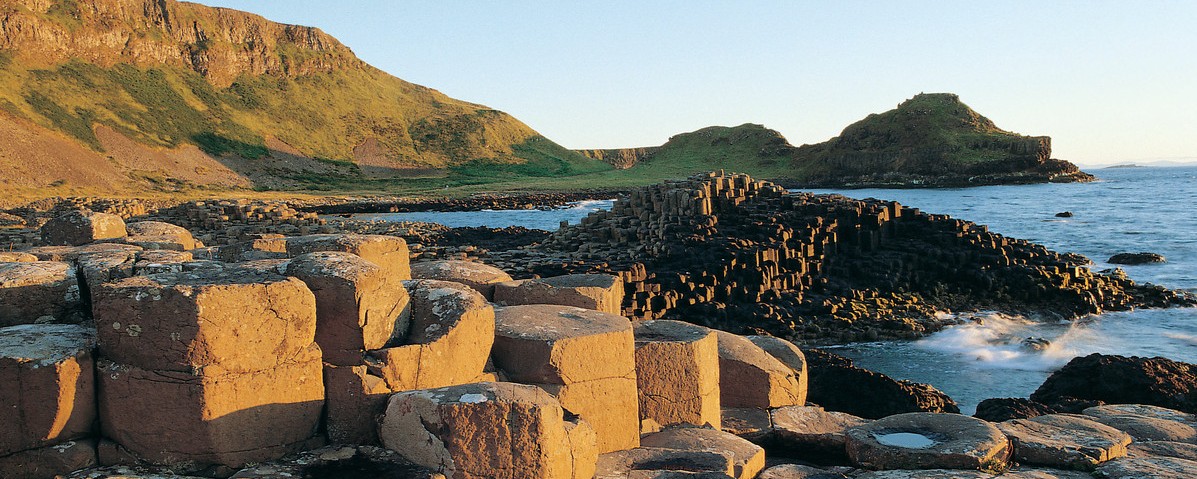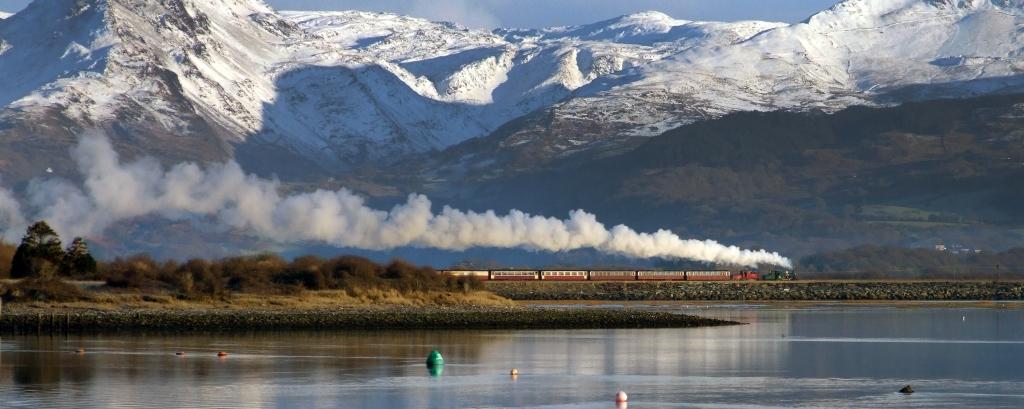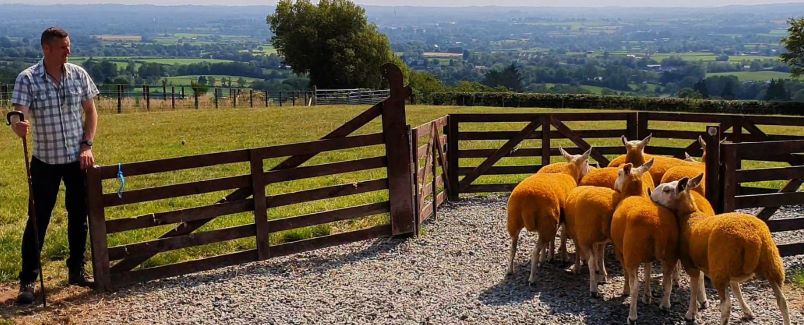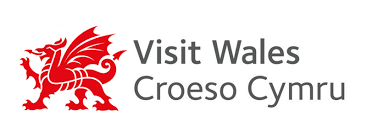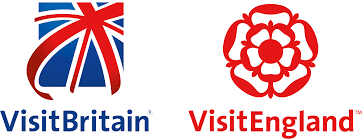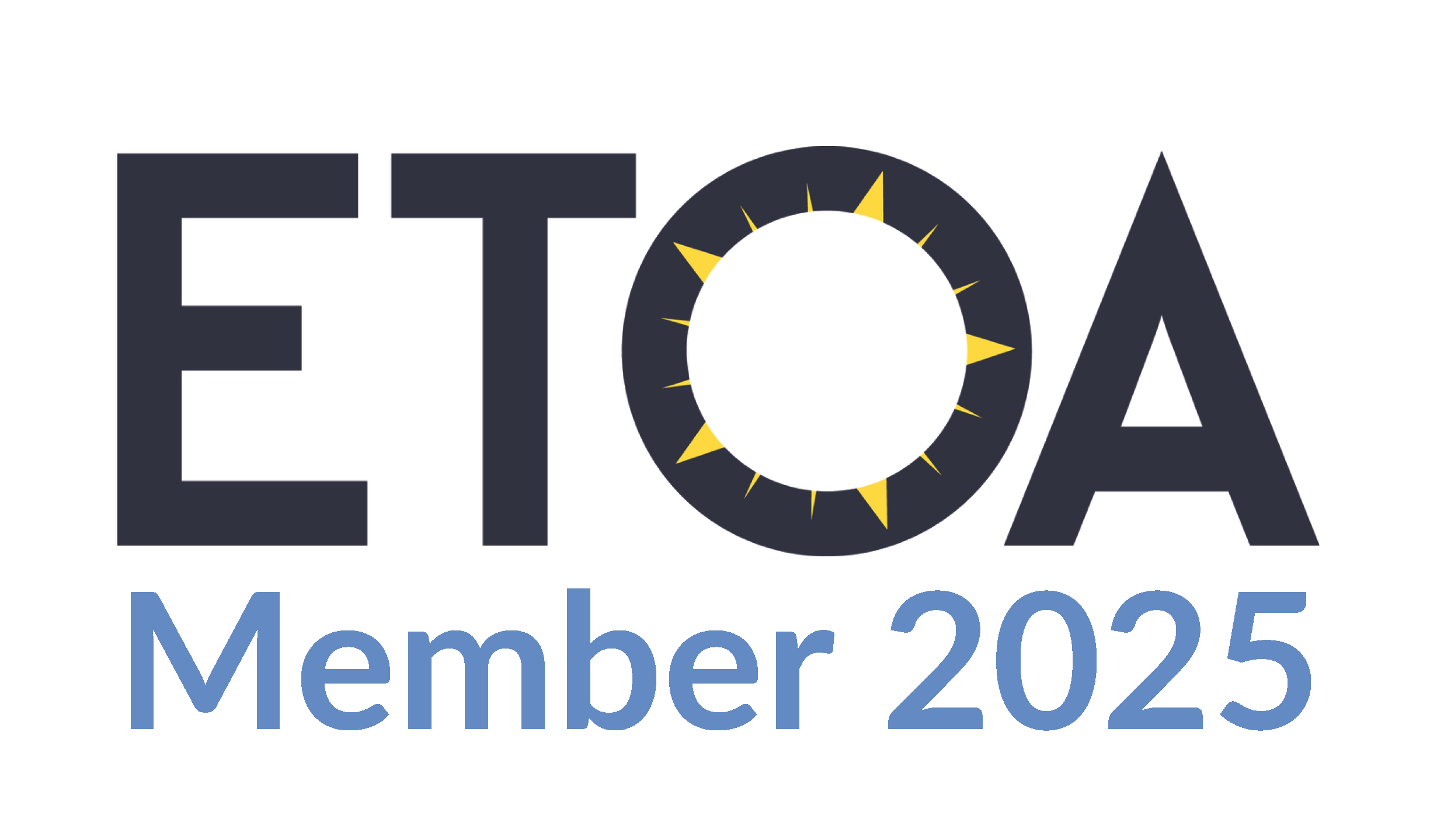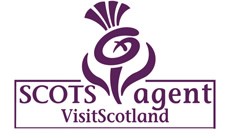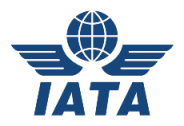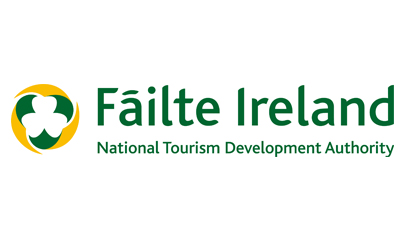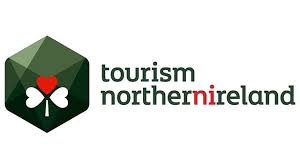General Information

Time difference
The UK & the Republic of Ireland have one time zone, UTC+0 (Greenwich Mean Time) from the last Sunday in October until the last Sunday in March, and UTC+1 (British Summer Time / Irish Standard Time) from the last Sunday in March to the last Sunday in October.
The UK and Ireland are generally five hours ahead of Eastern Standard Time and eight hours ahead of Pacific Standard Time.
Public holidays
United Kingdom
The following days are public holidays in the UK:
New Year’s Day (January 1st)
January 2nd – Scotland only
St Patrick’s Day (March 17th) – Northern Ireland only
Good Friday
Easter Monday – except Scotland
Early May Bank Holiday (first Monday in May)
Spring Bank Holiday (last Monday in May)
Battle of the Boyne / Orangemen’s Day (July 12th) – Northern Ireland only
Summer Bank Holiday (first Monday in August) – Scotland only
Summer Bank Holiday (last Monday in August) – except Scotland
St Andrew’s Day (November 30th) – Scotland only
Christmas Day (December 25th)
Boxing Day (December 26th)
If a bank holiday falls on a weekend, a ‘substitute’ weekday becomes a bank holiday, normally the following Monday.
Republic of Ireland
The following days are public holidays in the Republic of Ireland:
New Year’s Day (January 1st)
St Patrick’s Day (March 17th)
Easter Monday
First Monday in May, June and August
Last Monday in October
Christmas Day (December 25th)
St Stephen’s Day (December 26th)
If a bank holiday falls on a weekend, a ‘substitute’ weekday becomes a bank holiday, normally the following Monday.
Note: while Good Friday is not an official public holiday in the Republic of Ireland, schools and some businesses do close on that day and all pubs are shut.
Calling the USA and Canada from the UK and Ireland
To call the United States and Canada from the UK or Ireland dial 001 and then the full national number (minus any leading 1). If a number is displayed already including the +1 country code, just replace the '+' with the UK and Ireland international access code of 00.
WiFi / cell phones
While WiFi is common throughout the UK & Ireland, it is worth noting that in more out of the way places internet connection may be slow or sporadic, so it may be worth checking with your accommodation in advance if this is important to you. Similarly, cell phone reception can sometimes be poor in more remote, rural areas, although often just by travelling a small distance a signal can be picked up.
We would suggest talking to your cell phone provider before travel about the best cell phone package for the UK & Ireland.
Weather & climate
In the UK and Ireland, they say that you can experience four seasons in one day and, while this is only sometimes true, it is fair to say that you are likely to encounter very changeable weather whatever time of year you visit!
In winter and early spring, you may encounter some snow, but this doesn’t usually last for too long. In summer, you are likely to experience some warm and sunny days; fall and winter are the seasons most likely to see stormy weather. You can expect showers or longer spells of rain at any time of the year. While extreme weather events are rare, in winter there can occasionally be longer periods of freezing weather and in summer there can sometimes be heatwaves. One thing’s for sure in the British Isles, the weather is rarely the same on two consecutive days!
Whenever you choose to visit, we would recommend keeping a rainproof coat and a sweater close at hand at all times. Strong, waterproof shoes are also essential.
Car parking
If you are travelling independently and have hired a car, it is worth noting that the cost of car parking and the ways to pay at car lots can vary hugely across the UK and Ireland. These days, especially in towns and cities, there are many increasingly technological (and complicated) ways to pay, for example by cell phone. Often there is an option to pay by credit card, which can sometimes be useful for travellers without small change.
We would suggest reading instructions carefully at parking lots and sticking closely to the rules, or you may incur a fine or even have your car immobilised! If you are uncertain that you have complied, there is sometimes a phone number displayed which you can call, or don't be afraid to ask other people who are parking there.
Weights & measures
Britain is officially metric, in line with the rest of Europe. However, imperial measures are still in use, especially for road distances, which are measured in miles. Imperial pints and gallons are 20 per cent larger than US measures.
Imperial to Metric
- 1 inch = 2.5 centimetres
- 1 foot = 30 centimetres
- 1 mile = 1.6 kilometres
- 1 ounce = 28 grams
- 1 pound = 454 grams
- 1 pint = 0.6 litres
- 1 gallon = 4.6 litres
Metric to Imperial
- 1 millimetre = 0.04 inch
- 1 centimetre = 0.4 inch
- 1 metre = 3 feet 3 inches
- 1 kilometre = 0.6 mile
- 1 gram = 0.04 ounce
- 1 kilogram = 2.2 pounds
Electricity & plugs
The UK and Ireland use large plugs with three flat prongs. Power is supplied at 220 to 240 volts. If you use dual voltage appliances and devices, all you will need is a UK/Ireland adapter plug. One feature of UK power outlets worth noting is that they can be switched on and off at the wall. If your device doesn't work, make sure the power is turned on at the wall socket!
GPS (Sat Nav)
If travelling independently, GPS (generally known as 'Sat Nav' in the UK and Ireland) can be very useful for finding your destinations. However, in more out of the way places, or for precise details of where to locate hotels etc, our travellers have reported that directions can sometimes be sporadic. So, we recommend keeping to hand printed directions or a map of the local area, as well as hotel contact details.
The information on this webpage is for guidance only. We are unable to accept responsibility for any changes, omissions or errors.
